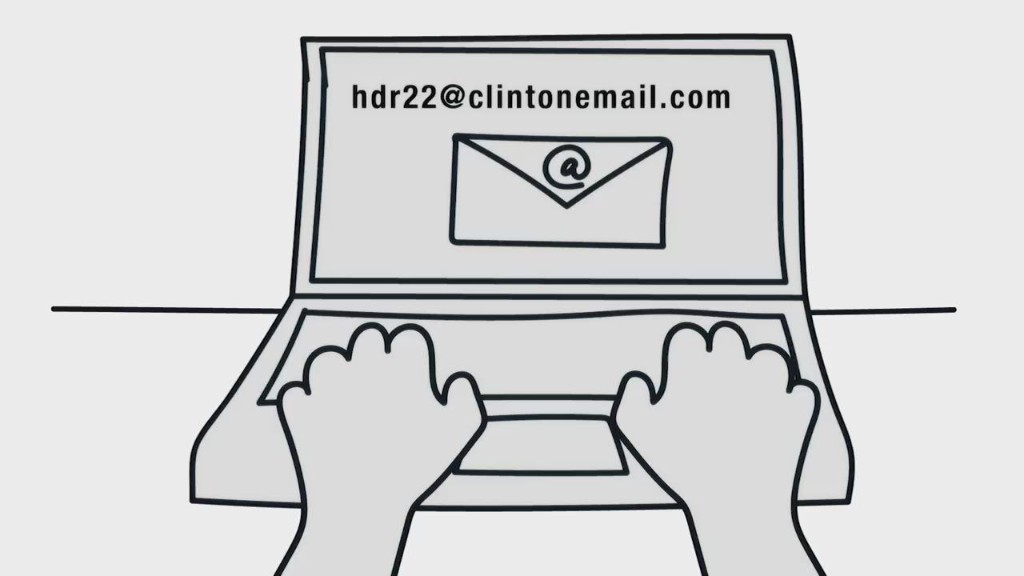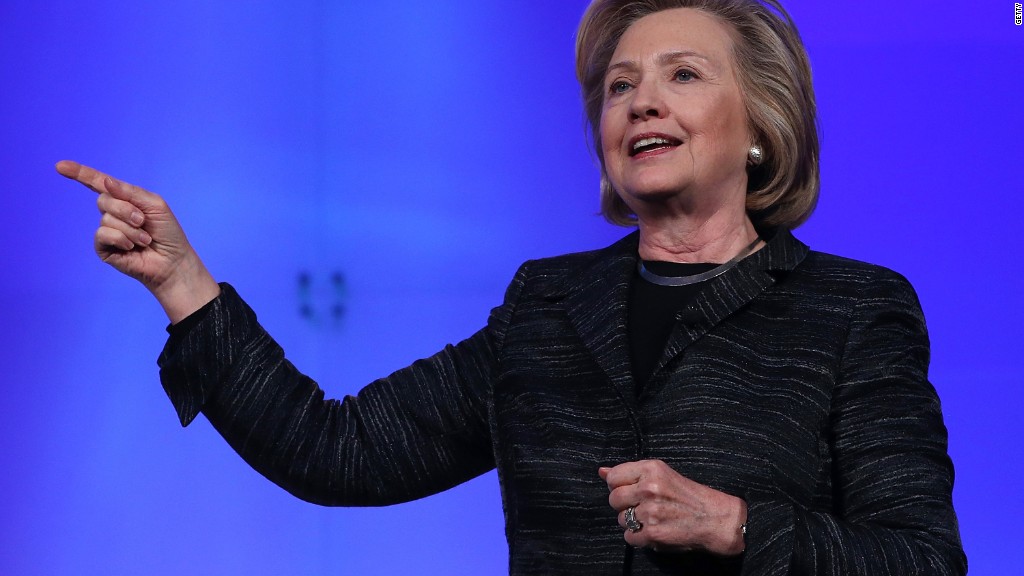
In an act of semi-transparency, Hillary Clinton has handed the State Department 55,000 pages of emails for public release -- but in paper, not their original electronic format.
That complicates things.
By doing it that way, Clinton makes it a lot harder to tell if she's telling the truth that she turned over all work-related emails. At a press conference at the United Nations on Tuesday, Clinton assured reporters that she provided "all my emails that could possibly be work-related."
On Wednesday, a State Department official said that printing emails is common practice, and it would have to print Clinton's emails in the normal review process.
The difference? Normally, full electronic copies would exist at the State Department. In this case, they don't.
The State Department hasn't said how much it'll cost to go through them. Trial lawyers say it'll probably cost tens of thousands of dollars, but costs could quickly rise if multiple agencies become involved. Bloomberg reports that it could cost taxpayers more than $1 million.
The State Department will read them line-by-line to block out material deemed classified. An official there said this will take several months.
Trial lawyers say this is a classic "data dump." That's when a company fighting a lawsuit attempts to slowdown opponents by drowning them in unorganized information that's difficult to comb through.
On Tuesday, Clinton didn't address the manner in which she turned over the emails, but said, "I believe I have met all of my responsibilities."
Some say that's technically true -- but bad form.
"Is this generally acceptable to a court? Absolutely not," said Robert Hilson, who leads a national association that specializes in e-discovery, the investigation of electronic documents in court cases.
Hilson noted that federal court rules require that people and companies hand over documents in their original format. If they don't, a judge would likely slap them with sanctions.
But this isn't a trial. And it doesn't seem like Clinton broke any laws.
The real loss here is the extra information kept in electronic email files. Email carries extra data (invisible to you) that shows when an email was truly sent -- and who it was sent to. It could also be used to retrieve related messages. They could show whether email messages were deleted. But because those weren't handed over, there's no way to tell.
"It's easier to delete paper," said Miami trial attorney Christos Lagos, who has worked on high-profile cases involving massive data dumps.
Former U.S. Secretary of State Clinton could have eliminated doubt by just turning over a computer hard drive. Instead, we're now forced to trust that she has indeed handed over all work-related emails from her personal email account.
And this is all because -- unlike the rest of her colleagues -- she didn't keep a government email account. Clinton said it was more convenient for her to carry around a single device than two.
That excuse might be lame, but it's understandable. Back in 2009, some federal agencies didn't allow employees to merge personal and private communication on a single device.
On Tuesday, Clinton said the custom-built email server she kept at home (private and out of the State Department's reach) was actually set up for her husband, former President Bill Clinton.
Editor's Note:
An earlier version of this story said that Hillary Clinton's decision to provide only printed copies -- as opposed to electronic copies - of her emails would be harder and more expensive for the government to review. After our story was published, the State Department told CNNMoney that it is standard practice to print emails for review. As a result, that point was removed, and the headline was changed.


